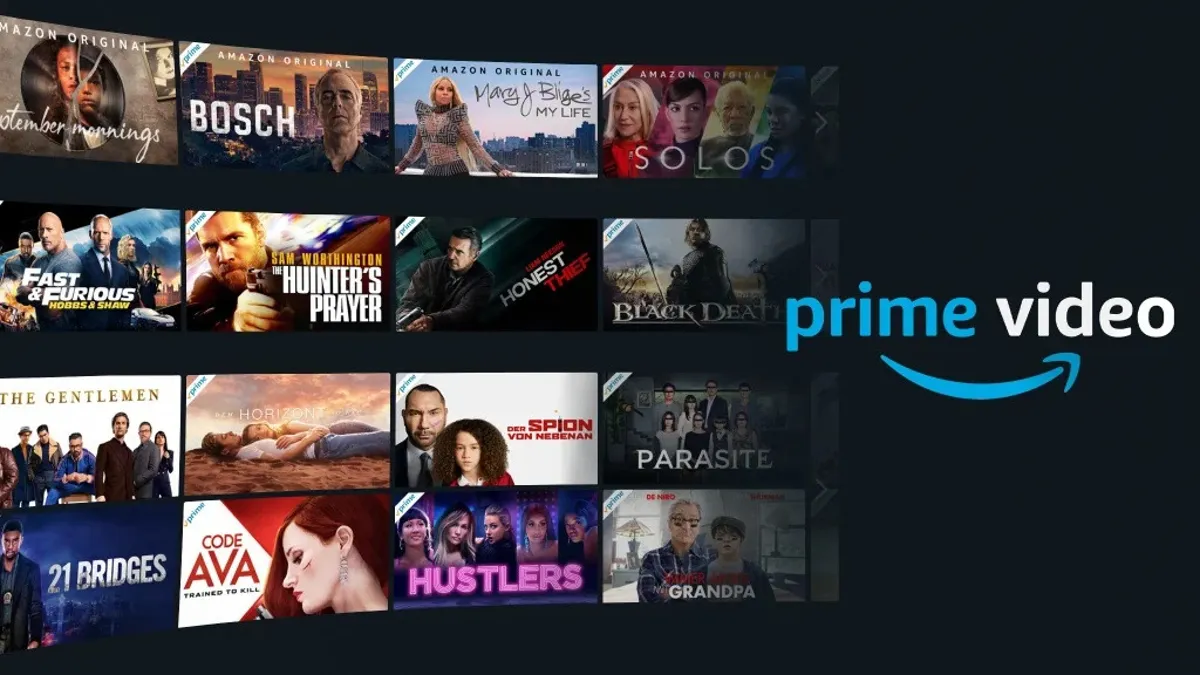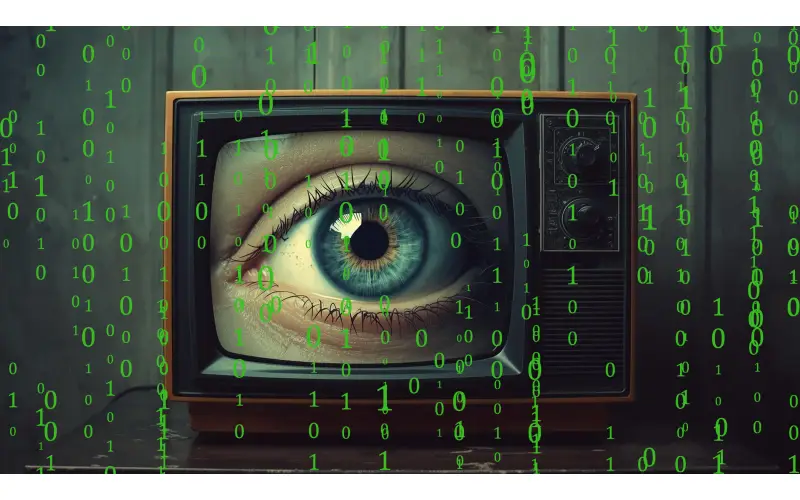By CE Critic - Buy Better Tech
Table of Contents
- Introduction
- The Case of the Disappearing Movies
- How Digital Movie Libraries Work (and How They Can Fail)
- Movies Anywhere: A Shared Library with Limitations
- Sony, Discovery, and the History of Digital Content Revocation
- The Enduring Value of Physical Media
- Protecting Your Digital Purchases: What Can You Do?
- Conclusion
Introduction
In a development that has sent shockwaves through the online movie community, numerous Amazon customers are reporting that films they previously purchased have inexplicably disappeared from their digital libraries. The issue first came to light on a Reddit thread by user u/Apprehensive, who received an email from Amazon about getting a refund for a movie while u/darthsavage_official discovered that their movies weren't just gone from Amazon, but also from their linked Vudu account.

This incident underscores the disturbing reality of digital media ownership in the modern age. When you "buy" a movie through platforms like Amazon Prime Video, iTunes, or Vudu, what you're actually purchasing is a license to stream or download the content. This license, as more and more consumers are discovering, can be revoked at any time – leaving you without access to movies and TV shows you thought you owned.
The Case of the Disappearing Movies
The exact reason behind Amazon's removal of certain movies from customer libraries is still unclear. Some speculate that the issue may stem from pricing errors, where films were accidentally offered at significantly lower prices than intended. Others believe it could relate to expired licensing deals with movie studios.
Frustration among affected customers is mounting, particularly as there is no clear communication from Amazon explaining the situation. The uncertainty and lack of transparency highlight the precarious nature of digital media ownership.
How Digital Movie Libraries Work (and How They Can Fail)
To understand the implications of this incident, it's helpful to grasp how digital movie libraries function:
- Licensing, Not Ownership: Unlike buying a DVD or Blu-ray disc, where you physically own the copy of the movie, buying a digital movie grants you a license to access the content tied to your account on a specified platform.
- Terms of Service: Each platform has its own terms of service that dictate the rights and limitations of your digital purchases. These terms can often be unilaterally changed, potentially affecting what you can do with the content.
- Distribution Rights: Movie studios hold the distribution rights to their films. They negotiate deals with streaming platforms, granting permission to offer those titles for a set period. If rights expire or the agreement isn't renewed, movies can be removed.
Movies Anywhere: A Shared Library with Limitations
Movies Anywhere is a service designed to mitigate some of the challenges arising from buying movies across multiple platforms. It allows users to link their accounts from various providers, including:
- Amazon Prime Video
- Apple TV
- Vudu
- Google Play Movies & TV
- Microsoft Movies & TV
When you purchase an eligible movie on one supported platform, it should automatically appear in your Movies Anywhere library and become accessible through other connected platforms.
However, Movies Anywhere has limitations too:
- Not All Movies Are Eligible: Only films from participating studios are supported.
- Platform Restrictions: If a movie disappears from one platform (like in the case of the Amazon issue), it also vanishes from your Movies Anywhere library.
Sony, Discovery, and the History of Digital Content Revocation
Unfortunately, situations like this have a precedent. Both Sony and Discovery have previously removed content from users' digital libraries:
- Sony: In 2012, a selection of movies disappeared from customers' PlayStation Store libraries due to expired distribution agreements.
- Discovery: More recently, there was uproar when several shows were abruptly pulled from HBO Max after Discovery's merger with Warner Media.
edit: 4/4/2024
Nick Pino, Managing Editor at Tom's Guide pointed out that happened to many users as they traveled or moved to other countries. The licensing rights vary from country to country and it is not clear when licensing rights for digital libraries will disappear.





